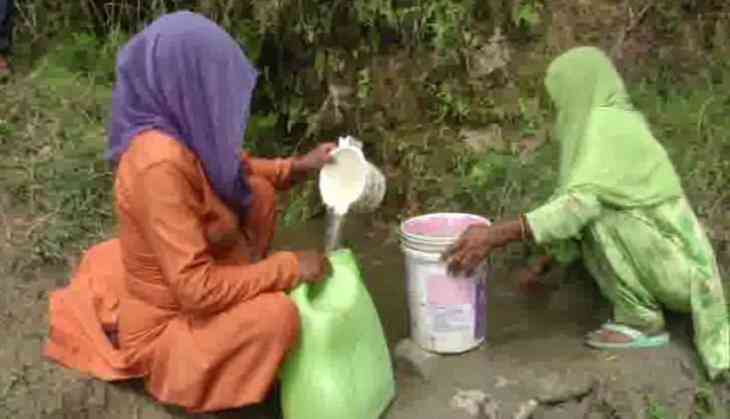
According to the Pakistan Council of Research in Water Resources, more than 70 per cent of drinking water sources in Pakistan-occupied Kashmir (PoK's) capital, Muzaffarabad, mostly the natural springs, were bacteriologically contaminated.
PoK Minister for Local Government and Rural Development Khawaja Farooq Ahmad reiterated that the government will allocate adequate funds for improving the water and sanitation sector in a bid to prevent water-borne diseases, reported The News International.
He added that after the 2005 earthquake, the water contamination problem had multiplied for a number of reasons, which eventually warranted special steps by the government to ensure the provision of safe and clean drinking water to all citizens without any discrimination.
"Installation of filtration plants at public places is the most effective and inexpensive way to prevent waterborne diseases. That is why we are determined to improve the quality of life by reducing the incidence of death and illness caused by water-borne diseases through the provision of adequate quantities of safe drinking water," he maintained.
The minister directed the officials to ensure proper maintenance and upgrade of all filter plants, a source of free and quality water to people from all income groups.
He made it clear that the government was also committed to achieving all targets of sustainable development goals, including solid waste management and cleanliness, reported The News International.
(ANI)
Also Read: Militancy, sectarian violence engulfs Pakistan after Taliban takeover in Afghanistan


